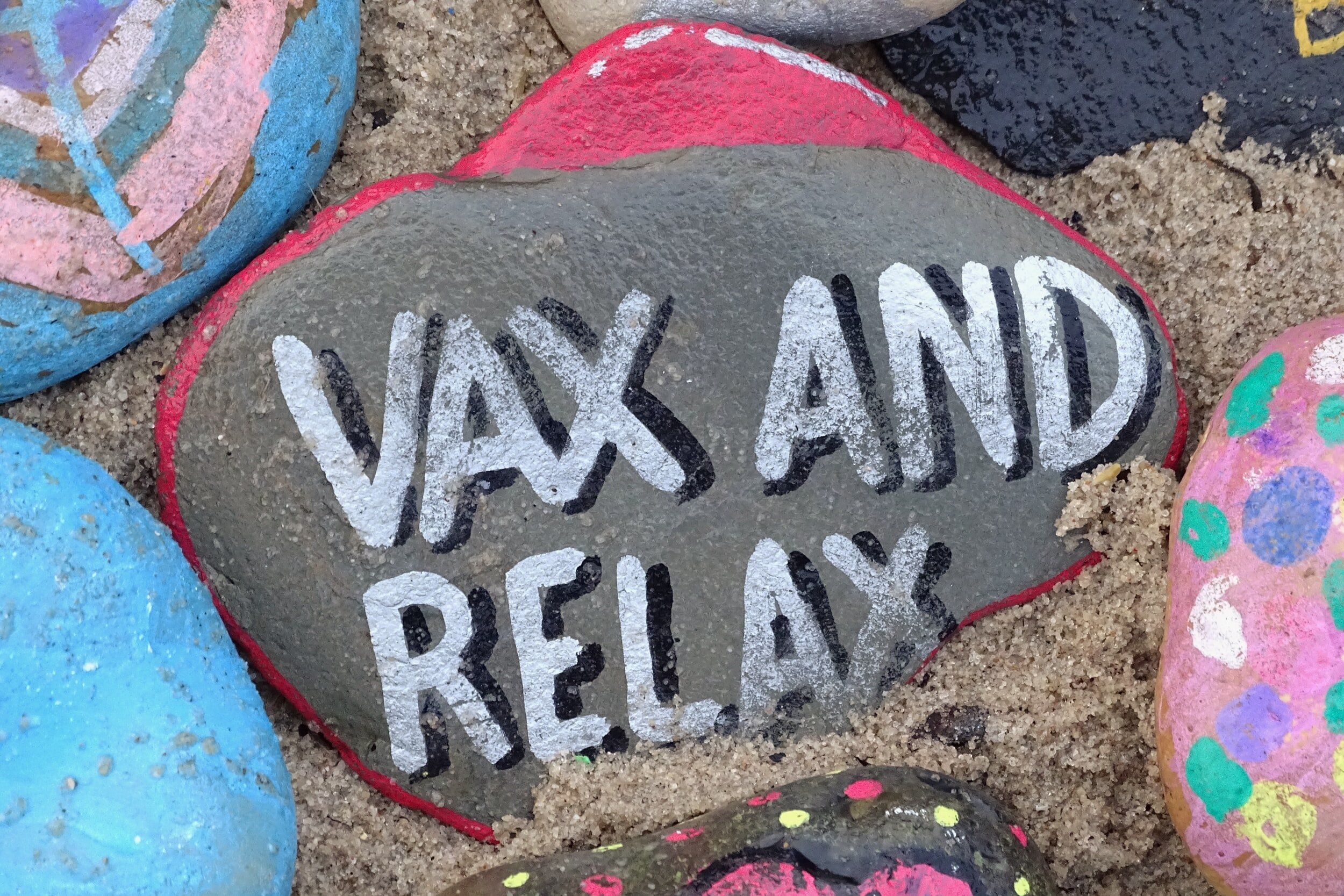Welcome to Part 2 in Ludmila’s 3 part series on Pain, Tiredness and Low Mood - It’s All About The Immune System
For Part 1 please click HERE
Damage vs. repair: when inflammation is needed
These days, we hear a lot about inflammation as an issue with many if not all chronic diseases and this notion sometimes misleads us into thinking of inflammation as another 'nuisance' in the body. However, the story about inflammation warrants a more complete picture of what it is and what it is there for. Inflammation is associated with damage because the inflammatory response is also responsible for repair and reconstruction. We can see that in any external wound that reveals damage to the skin. An inflammatory reaction starts by reddening, swelling and production of heat. Even if the wound is not infected, an inflammatory response is taking place because formation of a scab, reconstruction of the skin, and surveillance of the exposed area by white blood cells are essential parts of the healing process.
Inflammation is a protective mechanism of the immune system responsible for fighting off invaders (i.e. Infectious agents such as viruses, bacteria, yeast etc) and repairing damage. The problem with inflammation associated with chronic diseases is that it becomes chronic, failing to conclude and reach the repair stage. Maybe this happens as a logical consequence of continued damage due to ongoing assault. If someone smokes, for example, there is ongoing damage to the internal surface of arteries and lungs. It is logical that the body will continue to trigger inflammatory processes in response to smoking. In the long run though, chronic inflammation becomes very taxing to the whole system because an immune activation is costly in terms of energy and resources. For that reason, inflammation is meant to be most efficient as an acute/short term solution.
We can see the power of inflammation when we have the flu for example. The acute immune activation places huge demands on the system and a redistribution of the available resources becomes necessary. When the immune system triggers an acute systemic reaction, several chemical messages (such as cytokines) circulate around the body to orchestrate the readjustment of several organs. Chemical reactions happen faster in higher temperatures, so we develop a fever to accelerate urgent reactions. As the immune system takes over, energetic demands rise dramatically, causing some parts of the body to have diminished energy to keep up with the immune demands. Something very interesting happens in terms of behaviour. During acute inflammatory responses, as it happens with the flu, we develop what is known as 'sickness behaviour' which, in a nutshell, means the brain decreases its demands for energy by blunting cognitive function and social interaction. We literally become withdrawn and tend to stay in bed. This is seen as an adaptive response to allow energy to be diverted to the immune system under an emergency (acute inflammation). When the fight is over and the inflammation abates, the energetic drain is alleviated, and we regain the interest in social life and engagement with other complex cognitive activities. Our muscles are also capable to demand energy for movement again once inflammation is finished.
Taking a step back to look at the bigger picture
This example of an acute immune activation is very useful to illuminate our reflection around pain, fatigue, and depressed mood. Instead of random scattered symptoms, it becomes more plausible to think of these manifestations as systemic adaptation to a common drain in resources running silently in the background when inflammation goes on unnoticed for years (sometimes decades). The energetic immune demands in chronic inflammation do not spike up as much and therefore are not as noticeable as those we experience during an acute infection such as with the flu. But even so, the energy drain impacts daily life in the form of unexplained fatigue that doesn't seem to respond to any amount of rest and a general lack of enthusiasm that seems unexplained. Based on the mechanisms of inflammation, it is possible to extrapolate how the regular recruitment of the immune system, triggered by ongoing damage somewhere internally, can lead to energy depletion, exhaustion and eventually a depressed mood over time. But interestingly, inflammation is something that can be positively impacted with lifestyle changes and therefore used to manage chronic disease symptoms more successfully. In part three we will take a brief look at how aspects of lifestyle may relate to inflammation.
Part 3 - Coming soon! Please feel free to register with your email address below to receive weekly updates.

















